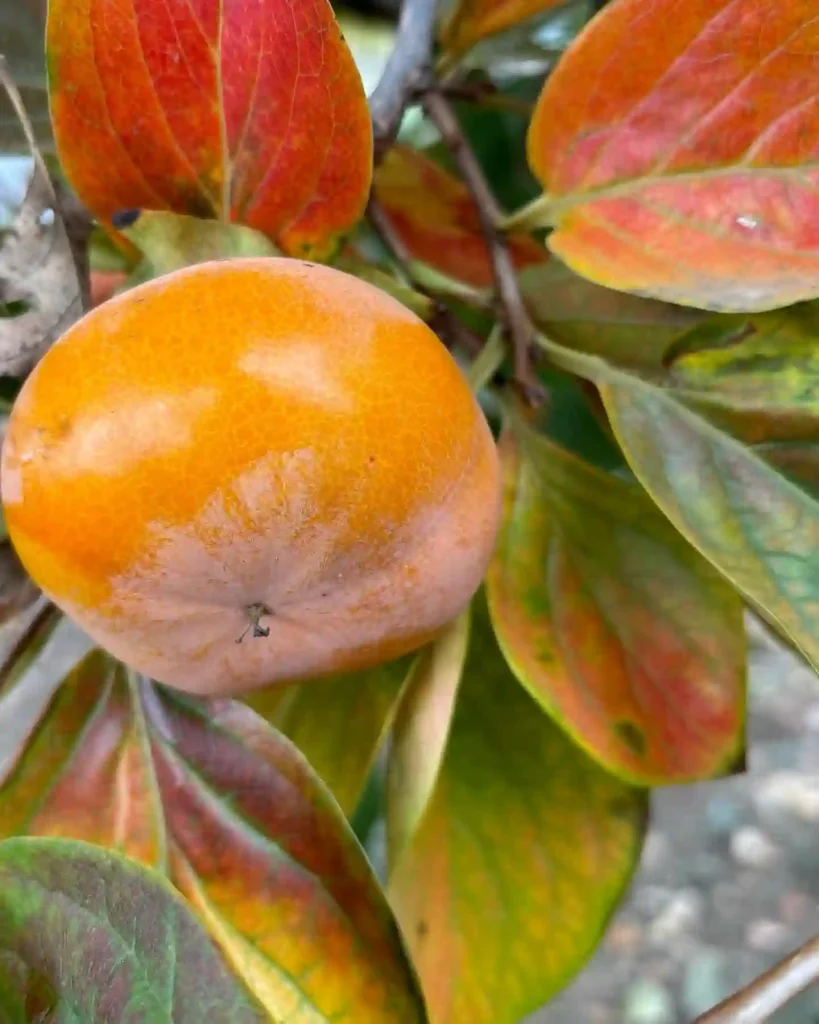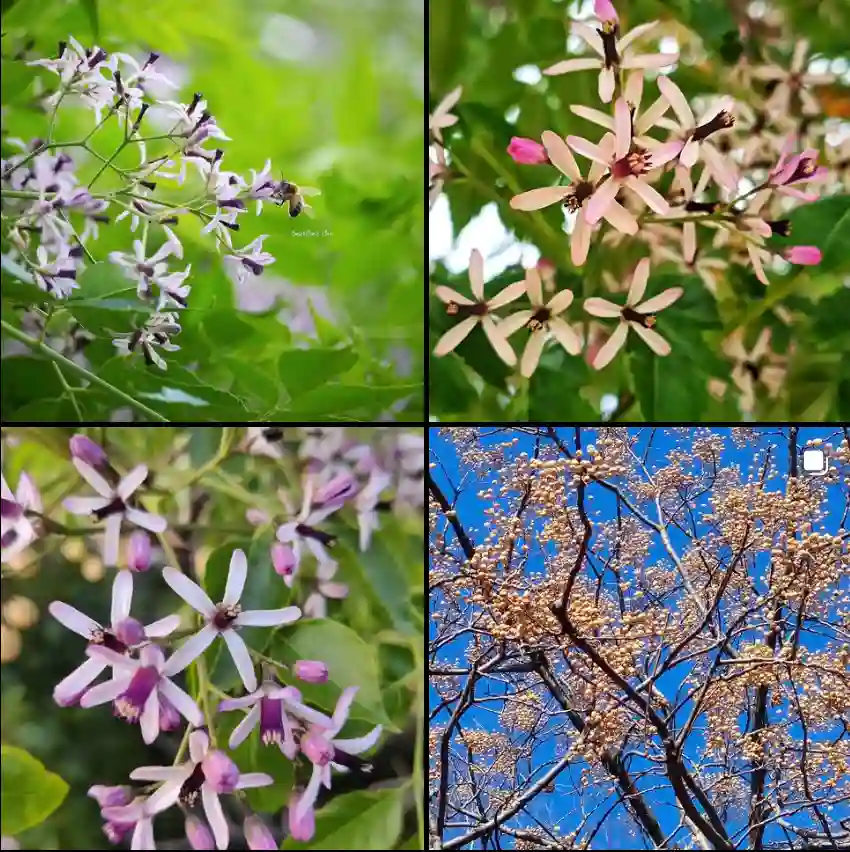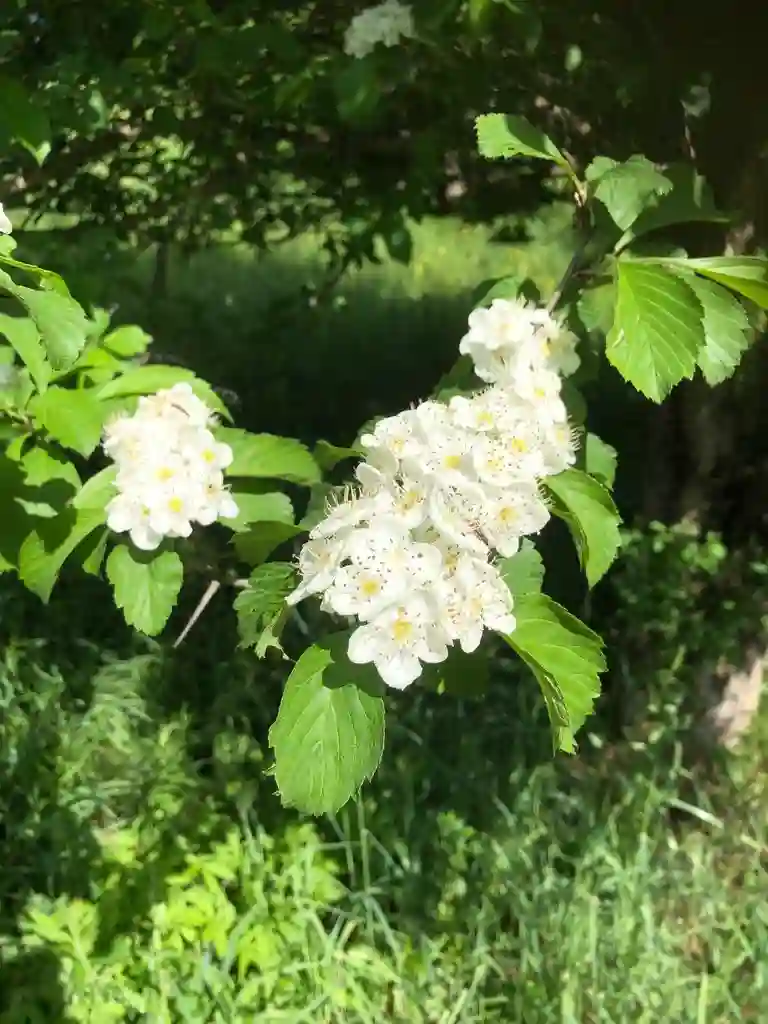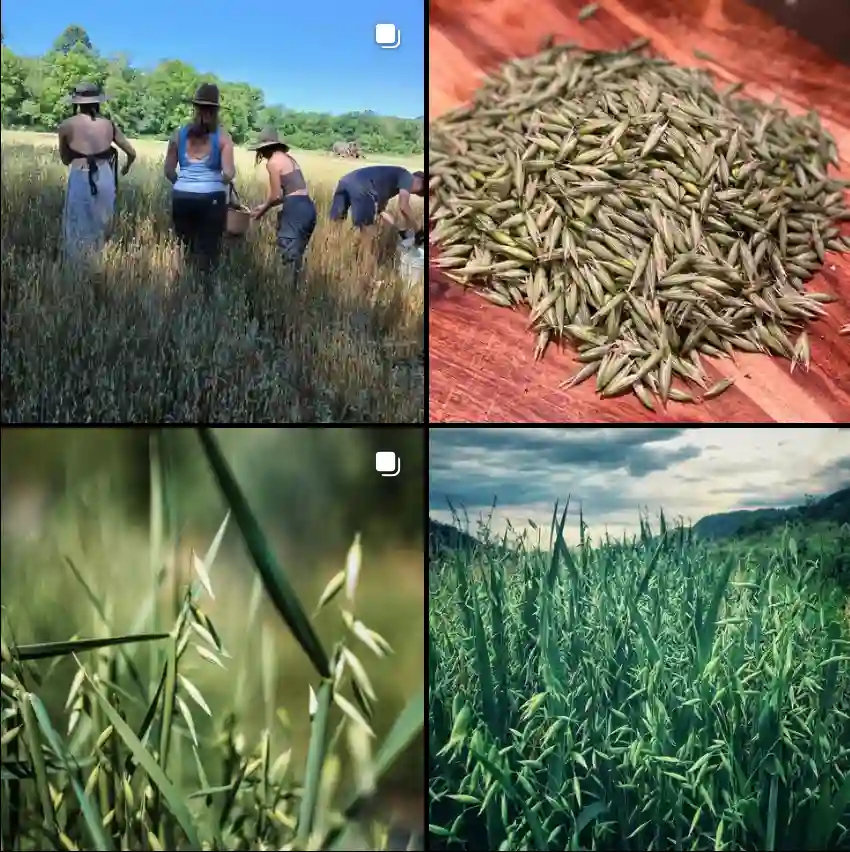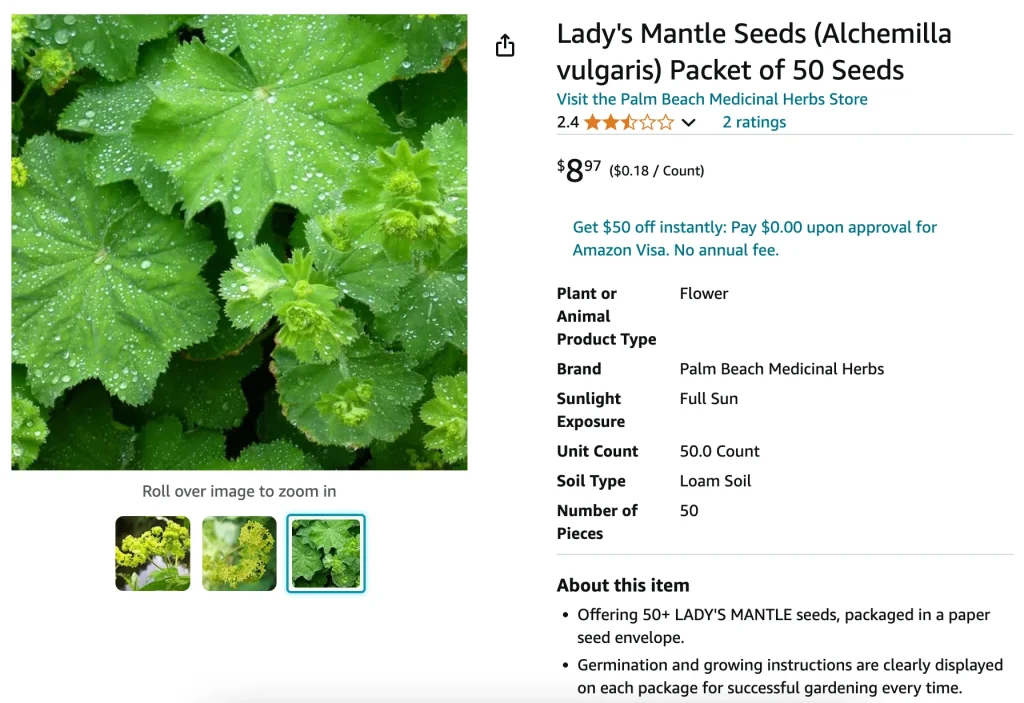
What is Alchemilla Vulgaris?
Alchemilla Vulgaris, often referred to as Lady’s Mantle, is a fascinating herbaceous perennial native to Europe and parts of Asia. The plant has long been admired for its scalloped, fan-like leaves that collect morning dew in a magical way. These shimmering droplets have inspired a history of folklore and traditional medicine, making Alchemilla Vulgaris a plant steeped in mysticism. It typically grows in damp meadows, forests, and along roadsides, and thrives in temperate climates.
796 Species in Genus Alchemilla
The plant belongs to the Rosaceae family, sharing similarities with other members of the rose family. Alchemilla Vulgaris blooms from late spring to early summer with clusters of small, yellow-green flowers. These flowers may not be the most showy, but their subtle beauty and medicinal benefits have made them a prized feature in gardens and natural remedies alike.
What is Alchemilla Vulgaris Used For?
Historically, Alchemilla Vulgaris has been valued for its medicinal properties. The leaves and flowers are often harvested for their astringent and anti-inflammatory benefits. It has been used in traditional remedies to address women’s health issues, especially menstrual discomfort, and to promote healing after childbirth. The herb is also used to treat digestive problems and minor wounds due to its ability to promote tissue repair.
In more modern applications, Alchemilla Vulgaris is found in skincare products for its soothing and toning properties. Its high tannin content makes it effective in reducing swelling and redness. Whether in teas, infusions, or topical ointments, this plant has a wide range of uses.
What is Alchemilla Vulgaris Extract?
The extract of Alchemilla Vulgaris is made by steeping its leaves and flowers in a solvent, usually alcohol or water, to draw out its active compounds. This extract contains tannins, flavonoids, and salicylic acid, which contribute to its healing properties. Alchemilla Vulgaris extract is frequently used in skincare products for its antioxidant and anti-inflammatory effects. It is particularly beneficial in soothing sensitive skin and improving elasticity.
In herbal medicine, this extract is taken internally for its astringent and mild diuretic properties. It can help alleviate diarrhea and support digestive health. Its versatility makes it a staple in both cosmetic and therapeutic products.
Can You Give a Dog an Infusion of Alchemilla Vulgaris?
While Alchemilla Vulgaris has been widely used for human consumption and topical application, you might wonder if it’s safe for pets. Generally speaking, it’s not advisable to give a dog an infusion of Alchemilla Vulgaris without consulting a veterinarian. Some herbs, even those safe for humans, can cause adverse reactions in animals. Though Alchemilla Vulgaris is not known to be highly toxic to dogs, it’s always best to err on the side of caution and seek professional advice before offering it to your pet.
What is the Difference Between Alchemilla Xanthochlora and Alchemilla Vulgaris?
Alchemilla Xanthochlora and Alchemilla Vulgaris are closely related species, but there are subtle differences. Alchemilla Vulgaris, or Lady’s Mantle, is more common in gardens and used frequently in herbal medicine. Alchemilla Xanthochlora, on the other hand, is a less common species, often found in the wild, with slightly different leaf shapes and vein patterns.
While both plants share similar medicinal properties, Alchemilla Vulgaris tends to be the species most commonly harvested for home remedies and commercial use. Gardeners might also prefer Vulgaris due to its slightly more manageable growth habit and ornamental appeal.
Alchemilla Vulgaris vs Mollis
Another common confusion arises when comparing Alchemilla Vulgaris and Alchemilla Mollis. Alchemilla Mollis, also known as Soft Lady’s Mantle, is often used in ornamental gardening for its larger, velvety leaves and more prominent flower clusters. Alchemilla Vulgaris has smaller, more delicate leaves and a less dramatic flowering display.
In terms of medicinal uses, both plants are similar, though Alchemilla Vulgaris tends to be favored for its higher concentration of active compounds. For garden aesthetics, many prefer the lush foliage of Alchemilla Mollis, making it a better fit for decorative borders or mass plantings.
How to Care for Alchemilla Vulgaris?
Caring for Alchemilla Vulgaris is relatively straightforward. It thrives in moist, well-drained soil and prefers partial to full sun. If planted in full sun, it requires more consistent watering to prevent the leaves from wilting. The plant is hardy and can tolerate cold temperatures, making it suitable for various climates.
Regular pruning after flowering encourages new growth and prevents the plant from becoming too leggy. Since Alchemilla Vulgaris can self-seed quite freely, it’s important to deadhead spent flowers if you don’t want it to spread uncontrollably in your garden.
How to Propagate Alchemilla Vulgaris?
Propagating Alchemilla Vulgaris can be done through seed or by division. If using seeds, sow them in early spring or fall directly into the garden bed. Ensure they are spaced apart to allow for growth. Division is another easy method, typically performed in spring. Simply dig up the plant, split the root clump into smaller sections, and replant them in your desired location.
Can You Grow Alchemilla Vulgaris Indoors?
Alchemilla Vulgaris is not typically grown indoors as it prefers the cool, moist environment of a garden. However, it can be cultivated in pots and placed in a shaded outdoor area, or perhaps a greenhouse. The key is to replicate the plant’s natural environment, ensuring adequate moisture and air circulation.
Is Alchemilla Vulgaris Toxic?
Alchemilla Vulgaris is generally considered non-toxic to humans and animals. However, as mentioned earlier, caution should be exercised when using any herb with pets. If consumed in large amounts, it may cause digestive upset in some individuals, particularly if they are sensitive to tannins. Always use it in moderation and consult with a healthcare professional if you’re planning on taking it as a supplement.
Common Problems with Alchemilla Vulgaris
Though easy to grow, Alchemilla Vulgaris can occasionally fall victim to fungal diseases, particularly in humid conditions. Powdery mildew is a common issue. To avoid this, ensure the plant has good air circulation and avoid watering the leaves. Additionally, slugs and snails are known to enjoy nibbling on its leaves, so consider natural deterrents if you notice damage.
Benefits of Alchemilla Vulgaris
The benefits of Alchemilla Vulgaris are numerous. From aiding in wound healing and reducing inflammation to providing a soothing astringent effect, it has been a staple in traditional herbal medicine for centuries. Its beauty and versatility also make it a favorite in garden designs, providing both visual appeal and practical uses.
If i die, water my plants!
